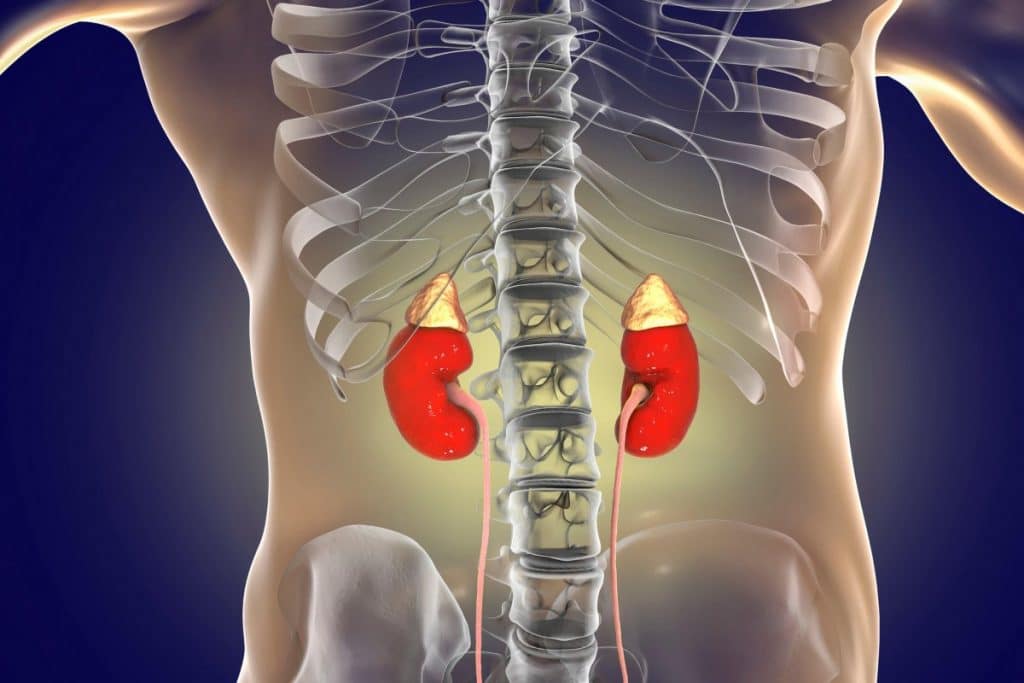Hi folks!
You might not know what your adrenal glands do or why they’re important, but I’m here to tell you that you really need to look after them.
I’ve offered you advice on all kinds of health-related topics, from the supplements you should take and proper exercise regimens to how to get your mind in the right place. Now I’m revealing everything you need to know about adrenal health.
That means knowing how your adrenal glands work, what problems to look out for and how to keep them at their best. Once you’re on top of all that, you can feel confident that your adrenal health is good and will stay that way.
First, you need to know what adrenal health is. Humans have two adrenal glands, one above each kidney. They’re part of the endocrine system, which means they produce hormones. Your hormones are responsible for a range of different bodily functions. In the case of the adrenal glands, the hormones include cortisol, aldosterone and (not surprisingly, given the name) adrenaline.
Cortisol and aldosterone are both steroids. Cortisol can affect your blood sugar levels and immune system, while aldosterone has a big impact on your blood pressure. Adrenaline is what controls the body’s “fight or flight” response, with both adrenaline and cortisol increasing in stressful situations.
As you can see, these are important functions, so it’s worrying when the adrenal glands don’t work as they should. There are several conditions that can disrupt the adrenal glands, including Addison’s disease, Cushing’s syndrome, Pheochromocytoma, adrenal cancer and Congenital Adrenal Hyperplasia (CAH). These are an autoimmune disease, various types of cancer and a genetic condition. Trouble elsewhere in the endocrine system, particularly the pituitary gland (which controls the adrenal glands) can also cause problems.
The main way to diagnose adrenal problems is with a blood test. Ultrasounds and MRIs can also be used to check the physical shape and condition of your glands. If you do have a recognized condition, treatment could mean hormone replacement therapy if your hormone levels are too low (as in Addison’s disease) or different medication if levels are too high. Hydrocortisone is one of the most common ways to increase cortisol if your body doesn’t produce enough of it.
What this doesn’t cover is adrenal fatigue. This term is used to describe when high stress levels cause your adrenal glands to go into overdrive, though it’s not an official medical term (adrenal inefficiency is official and occurs when you don’t produce enough cortisol because of stress). Too much cortisol and adrenaline means being stuck in your “fight or flight” mode for an unhealthy length of time, causing tiredness and irritation among other symptoms.
Managing adrenal fatigue involves returning to the basics of a balanced, nutritious diet, healthy sleep patterns and regular exercise. This can improve your physical and mental wellbeing, including adrenal health. Avoid too much sugar, caffeine, fried or processed foods and eat more vegetables. You should also try to eat regularly rather than skipping meals. Managing stress is one of the most important ways to stop your adrenal glands from becoming overworked, so find time to relax. These simple steps should help keep your adrenal glands on track.




